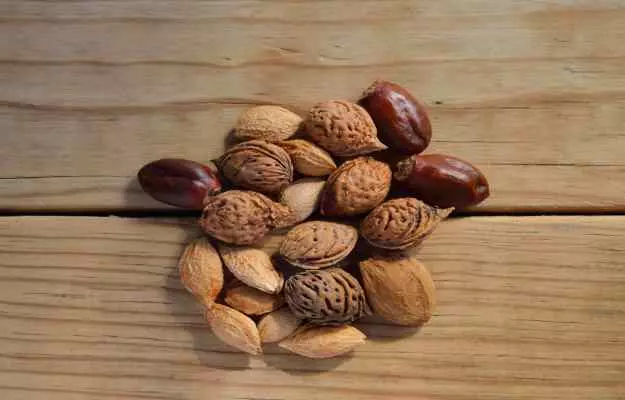Shivlingi is a herbaceous plant belonging to the family Cucurbitaceae. It is an annual climbing herb (needs to be replanted every year) with a thin and spreading stem. The thin leaves of this plant are rough on one side and have a smoother texture on the other side. The identifying feature of shivlingi plant is its yellow flowers and globose seeds which have markings that look like the shivling, icon of the Indian god Shiva. In fact, this plant is named shivlingi because of the peculiar morphology (appearance) of its seeds.
Since ancient times, shivlingi has been used as an aphrodisiac and a fertility-boosting herb. According to Indian folklore, shivlingi seeds were used by women of various tribes to help them conceive a child or avoid miscarriages. With the advent of modern medicine in the last few decades, medicinal plants like shivlingi have lost some of their fame as a mainstream remedy. But, it still remains one of the top anti infertility herbs in Ayurvedic and folk medicines.
Some basic facts about shivlingi seeds
- Botanical name: Bryonia laciniosa Linn.
- Family: Cucurbitaceae
- Common name: Shivlingi, Gargumara
- Sanskrit name: Lingini, amruta, bahupatra, chitraphala
- Parts used: Leaves, fruits, seeds
- Native region and geographical distribution: Shivlingi plant can be found in most parts of India. It is also found in Mauritius, Australia, Philippines, Malay and parts of Africa.
- Energetics: Warming. Increases pitta dosha in body.
























